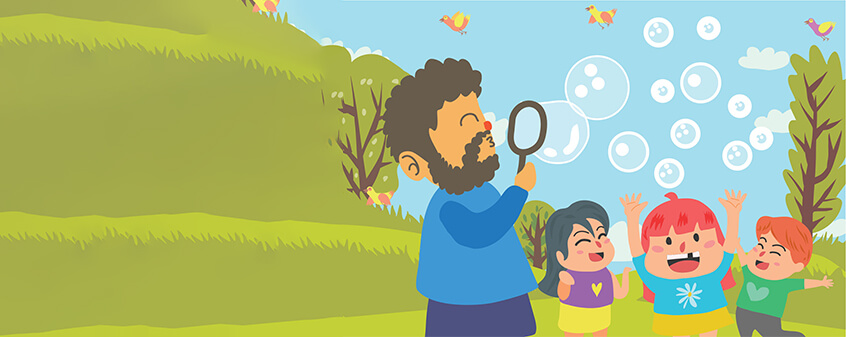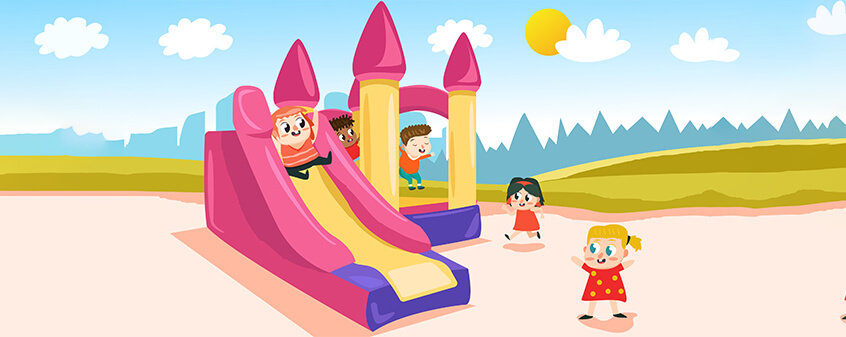Our Schools' Evaluation Systems Are Making Kids Lose Out On Learning
What is the purpose of education? Why do we send our children to school? What do we expect out of this 15-year process? These are the questions that matter the most when we think about educational systems and their impact on society.
Toppers in English who can't speak a grammatically correct sentence, to toppers in mathematics who can't apply their knowledge in daily life situations—they are no different from the dropouts who appear at the other end of the spectrum. Where is the system then regularly and systematically churning out individuals who are "educated" and have top marks, but are at the same time highly unskilled and market un-ready?
All these questions lead us to the one place where our education system has faltered: the examination and evaluation systems that we have in place in our schools and colleges. Following the historically set systems of the British who wanted educated Indians who could read and write like Englishmen but work like "natives, we still have courses that are content heavy and exams that test retention of content.
With rising voices of dissent among educators and the globalisation bringing alternative educational practises to our door steps, the gigantic Indian education system has woken to the need to change these patterns. And the Continuous Comprehensive Evaluation (CCE) system was introduced in schools by the Central and State governments.
It's almost two years now that Continuous Comprehensive Evaluation has been accepted by most schools across the country. Hailed as revolutionary and forward looking, aiming to clear the mess in evaluations systems, the CCEs seemed to be an answer to all the ills that plagued the old giant.
Rubrics to grade students meant a variety of parameters for each and every aspect of the task at hand. The student would now be graded on not just what he thought about a book but also on why he thought it, and how he presented the work. Ah! Weren't we covering every little thing? Wasn't it so objective now? We didn't leave much to the teacher's discretion. Oh, she could not now be partial and impose her thought process on the write up! Yes, we had rectified the process—or so did the world of educators and evaluators think.
But has this pattern really changed anything? Has it made us better educators or has it enabled the creation of better learners? Loopholes as huge as the craters on the moon are staring us in the face today. The life of a student is suddenly surrounded only be tests and exams: some announced and some unannounced. If the school offers six subjects for a fifth grader then he is scrutinised almost 96 to 120 times in a single academic year!
Teachers have turned into data entry points, forced to fill up sheets and sheets of data regarding the various parameters being tested. Teachers have to observe up to 60 students in a class on a daily basis and fill in observation charts. Now, each teacher deals with at least five classes or roughly 300 students a day. So that means that a teacher needs to observe ever 300 students respond to debates, discussion, behave with friends and react to situations on a daily basis with a highly balanced mind. That's not a tall order, or is it?
How eager will a child be to write an essay when he knows that each aspect of his work will be graded? His concentration on parts will lead him away from the whole. The details take over the bigger picture. Earlier we were testing the end product but now we are testing the entire process. And that has taken away the fun of learning. The process is equally stress-filled now.
Feedback has to be qualitative. Kids need to know how they can write better or how they can apply their math better. They need not be told that 50% of what they have done is right or that their writing is within acceptable standards. They need to know why the other 50% is wrong and what can be done to improve that. They need to be told writing is meant to free the mind and express their inner selves. They need to be prepared for the 'real world' which is beyond marks, rubrics and grades.
We need to evaluate our evaluating systems.








